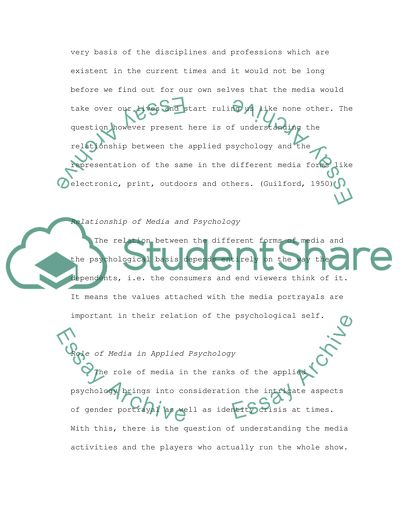Cite this document
(How Do the Media Portray Applied Psychology Essay, n.d.)
How Do the Media Portray Applied Psychology Essay. Retrieved from https://studentshare.org/psychology/1539523-how-do-the-media-portray-applied-psychology
How Do the Media Portray Applied Psychology Essay. Retrieved from https://studentshare.org/psychology/1539523-how-do-the-media-portray-applied-psychology
(How Do the Media Portray Applied Psychology Essay)
How Do the Media Portray Applied Psychology Essay. https://studentshare.org/psychology/1539523-how-do-the-media-portray-applied-psychology.
How Do the Media Portray Applied Psychology Essay. https://studentshare.org/psychology/1539523-how-do-the-media-portray-applied-psychology.
“How Do the Media Portray Applied Psychology Essay”. https://studentshare.org/psychology/1539523-how-do-the-media-portray-applied-psychology.


